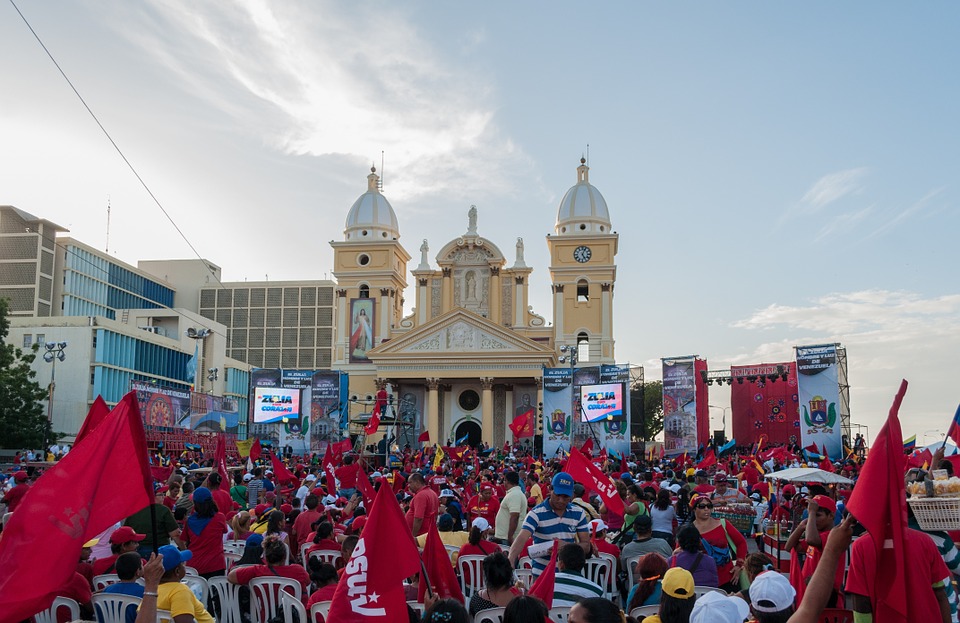The government in question is that of Venezuela, which is nearing default as it is running out of resources to pay back the money it owes to its Russian creditors according to the terms it accepted when it chose to borrow money from them.
MOSCOW, Sept 8 (Reuters) – Russian Finance Minister Anton Siluanov told reporters on Friday that Venezuela is having problems with fulfilling its obligations on its debt to Russia.
“We have a request from our colleagues in Venezuela to do a restructuring,” Siluanov said.
Venezuela owed Russia .84 billion as of September last year.
The Venezuelan government is now scrambling to restructure its foreign-held liabilities following sanctions put on the country’s President Nicolas Maduro and 20 other individuals, and also the Venezuelan government-owned oil company by the US Treasury Department after Maduro rigged an election to select representatives to rewrite the country’s constitution in his favor.
Venezuelan President Nicolas Maduro has invited bondholders to unspecified “negotiations” over the country’s foreign debt in coming days, in response to recent US financial sanctions.
With Venezuela deep in recession and its currency reserves at their lowest in more than two decades, the Maduro government and state oil company PDVSA have to pay about billion in debt and interest during the rest of 2017.
“All bondholders are invited to various rounds of negotiations over the next few weeks,” the president said in a speech late on Thursday to the new Constituent Assembly.
He reiterated Venezuela would keep honoring debt, but said he wanted to talk with bondholders affected by sanctions recently imposed by US President Donald Trump.
In addition to adjusting the amount and scheduled timing of payments owed to the foreign creditors that own its sovereign debt, the Venezuelan government is also likely to seek to have its debt redenominated into other foreign currencies so that it would not have to pay the money it owes back in US dollars, which the government has less access to following the US government’s new economic sanctions.
For their part, the Russian government has been using the leverage it has acquired over Venezuela as one of its major creditors as a means to acquire Venezuela’s oil assets at a discount. Depending upon how the Venezuelan government has its debt restructured, those assets may potentially include a number of refineries and pipelines in the United States that are owned by the Venezuelan government’s oil company through its Citgo subsidiary, the control of which could soon fall within Russia’s grasp.
As debtor countries go, Venezuela is very far down its national debt death spiral as that government enters its liquidation phase.







